Copyright 2018 by Jean-Christophe Brisard and Lana Parshina
Translation copyright 2018 by Shaun Whiteside
Hachette Book Group supports the right to free expression and the value of copyright.
The purpose of copyright is to encourage writers and artists to produce the creative works that enrich our culture.
The scanning, uploading, and distribution of this book without permission is a theft of the authors intellectual property. If you would like permission to use material from the book (other than for review purposes), please contact permissions@hbgusa.com.
Thank you for your support of the authors rights.
Da Capo Press
Hachette Book Group
1290 Avenue of the Americas, New York, NY 10104
dacapopress.com
@DaCapoPress, @DaCapoPR
Originally published as La Mort dHitler in 2018 by Fayard, France
First U.S. Edition: September 2018
Published by Da Capo Press, an imprint of Perseus Books, LLC, a subsidiary of Hachette Book Group, Inc. The Da Capo Press name and logo is a trademark of the Hachette Book Group.
The Hachette Speakers Bureau provides a wide range of authors for speaking events. To find out more, go to www.hachettespeakersbureau.com or call (866) 376-6591.
The publisher is not responsible for websites (or their content) that are not owned by the publisher.
Library of Congress Cataloging-in-Publication Data has been applied for.
ISBNs: 978-0-306-92258-9 (hardcover); 978-0-306-92259-6 (ebook)
E3-20180927-JV-PC
Lana is perplexed.
Her contacts within the senior Russian administration have made no bones about how hard it is going to be for us to achieve our objective. Our meeting for 11:00 has been confirmed, but in Russia that doesnt necessarily mean anything. Our faces are stung by frost as we approach the area around the State Archives of the Russian Federation. In Russia theyre called GARF (Gosudartstennyy Arkhiv Rossyskov Federatsii). A national institution right in the heart of Moscow. It is based around one of the biggest archive collections in the country, with almost 7 million documents from the nineteenth century to the present day. Chiefly paper documents, but also some photographs and secret files. And its for one of those secret files that we are braving the harsh Muscovite climate as well as the no less rough Russian bureaucracy. Lana Parshina isnt entirely unknown in Russia. A journalist and documentary maker, this young Russian-American woman is regularly invited onto television platforms to talk about what remains her major achievement: the last interview with Lana Peters. Lana Peters was a penniless old woman, forgotten by everyone in a hospice for the poor in the depths of the United States. She hid herself away and refused to talk to journalists. Let alone discuss the memory of her father, one Josef Vissarionovich Djugashvili, otherwise known as Stalin. Lana Peters name was in fact Svetlana Stalin, and she was the dictators favourite daughter. At the height of the Cold War in the 1960s, she had fled the country and applied to the US for political asylum. From that moment she became the symbol of those Soviets who were prepared to do anything to escape a tyrannical regime. Lana Parshina had managed to persuade the dictators shy descendant to grant her a series of filmed interviews. That was in 2008. It was a success that attracted attention all over Russia. Stalin has in fact been coming back into fashion in Moscow for a number of years. Lana Parshina knows the complex gear-wheels of the administrative and bureaucratic Russian machine only too well. She knows how to get access to secret, sensitive, and complex files.
And yet on that morning in April 2016, I sense that shes worried. We have a meeting with the director of GARF, Larisa Alexandrovna Rogovaya. She alone can authorise us to consult File H. H for Hitler.
The tone is set as soon as we enter the main hall of GARF. A soldier with a very 1970s moustache, a bit like Freddie Mercurys, demands to see our passports. Check! he bellows, as if we were intruders. Lana, with her Russian ID, isnt a problem. My French passport complicates matters. The soldier doesnt seem at ease with the Latin alphabet, and cant decipher my name. In Cyrillic characters, Brisard becomes  . Thats how Im listed in the file of people who have been granted access for the day. After a long check and Lanas life-saving assistance, we are finally allowed through. The office of the director general of the archives? The lowly official was horrified by the mere question. He was already tending to his next customer with the same cordial tone. Right at the end, after the third building on the right. The young woman who answered our question didnt wait for our thanks before turning her back on us and climbing the dimly lit stairs. GARF looks like a Soviet workers city. It spreads over several buildings with sinister faades in the most austere Soviet style, a mixture of constructivism and rationalism. We wander from one building to another, trying to avoid the big puddles of muddy snow. General Director, large letters announce on a plaque above a double door in the distance. A black sedan bars the entrance. We have another twenty or so metres to go when a woman with an imposing build hurries from the building to dive into the vehicle.
. Thats how Im listed in the file of people who have been granted access for the day. After a long check and Lanas life-saving assistance, we are finally allowed through. The office of the director general of the archives? The lowly official was horrified by the mere question. He was already tending to his next customer with the same cordial tone. Right at the end, after the third building on the right. The young woman who answered our question didnt wait for our thanks before turning her back on us and climbing the dimly lit stairs. GARF looks like a Soviet workers city. It spreads over several buildings with sinister faades in the most austere Soviet style, a mixture of constructivism and rationalism. We wander from one building to another, trying to avoid the big puddles of muddy snow. General Director, large letters announce on a plaque above a double door in the distance. A black sedan bars the entrance. We have another twenty or so metres to go when a woman with an imposing build hurries from the building to dive into the vehicle.
Thats the director, Lana murmurs with a note of despair as she watches the car driving away.
Its 10:55, and our 11:00 meeting has just flown away from under our noses.
Welcome to Russia.
The two secretaries of the director of GARF have shared out the roles between them: one nice, the other frankly unpleasant.
Whats it about?
Even if you dont understand a language, which is my case with Russian, its easy to sense when someones being rude to you. So the younger womanif I wished to be rude I would say the less old of the twois not our friend.
Lana introduces us, we are the two journalists, she is Russian and Im French. Were here because we had a meeting with the director, and also to view a rather special object.
You wont see her! the hostile secretary cuts in. Shes left for the day. She isnt here. Lana explains that we know that alreadythe dark car outside, the director forgetting that were there and evaporating right in front of us. She says all that without shedding an ounce of her enthusiasm. Might waiting be an option? If it amuses you, the secretary says at last, leaving the room with a stack of files under her arm, to suggest the importance of the time of which we have dared to deprive her. A Swiss cuckoo clock hangs on the wall above her desk. It says 11:10. The other assistant has been listening to her colleague without a word. Her contrite expression hasnt escaped us. Lana walks over to her.
A meeting at the Kremlin, in the presidents office. It wasnt in the directors diary. Clearly, when Putin or, more probably, his cabinet rings, you run, the secretary explains, lowering her voice, in short phrases. She seems so sweet and her voice is comforting, in spite of the rather negative nature of the information that shes giving us. And who knows when the director will be back? She doesnt, at any rate. Has she been summoned away at the last minute because of us? No. Why would it be because of you?
Its just after 5:00 pm. Our patience has paid off at last. Right in front of our eyes a stiff cardboard box has just been opened. Inside, there it is, very small, delicately preserved in a casket.
So is that him? Is it really him?


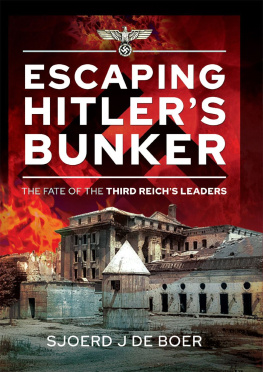
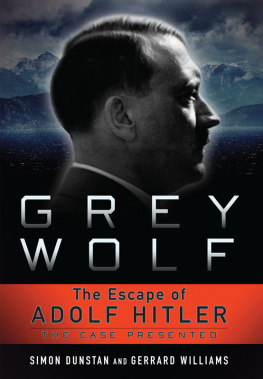
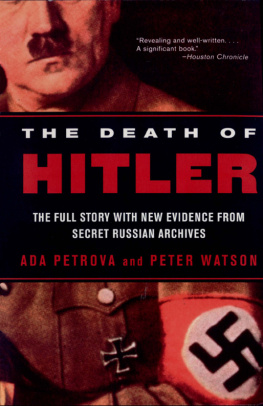
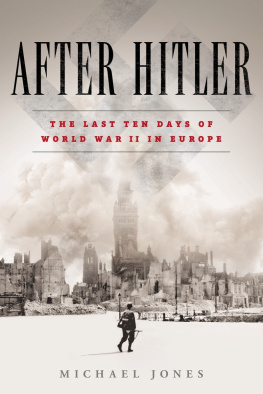
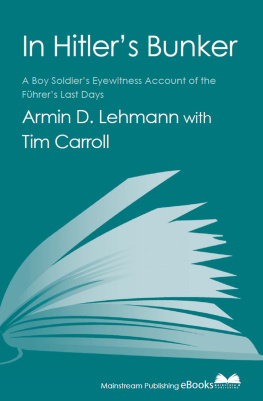
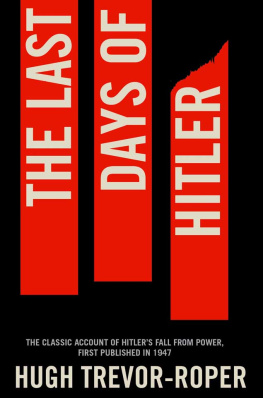

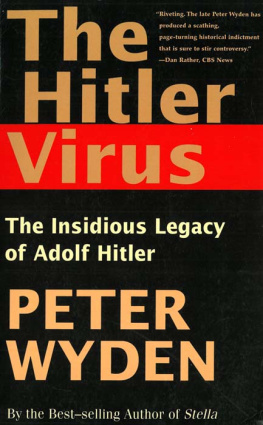
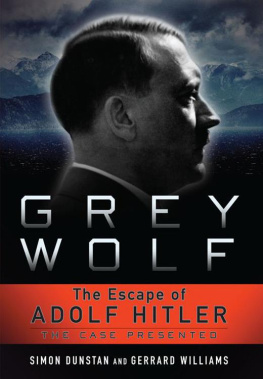
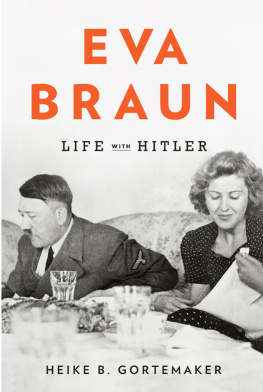
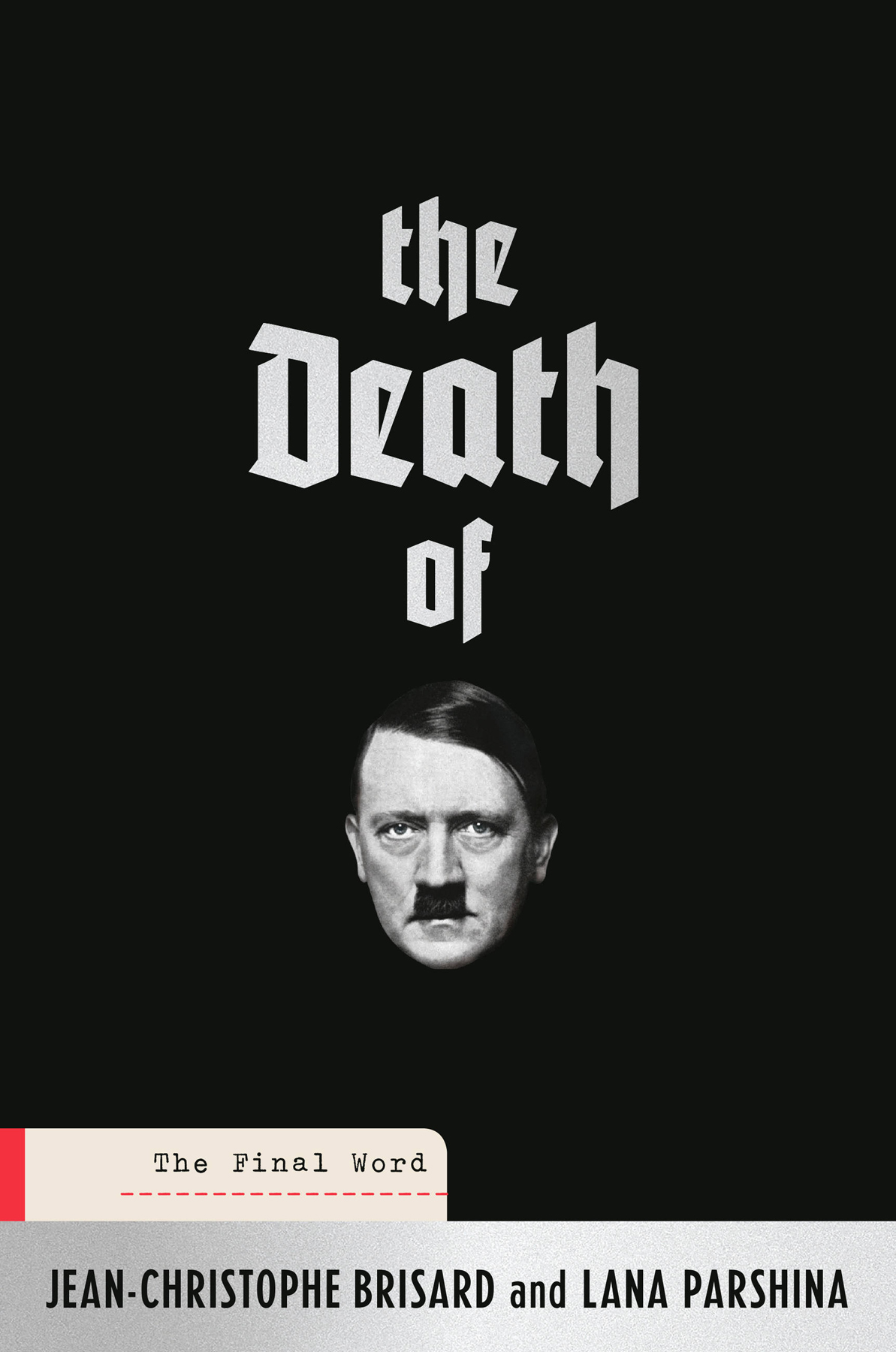
 . Thats how Im listed in the file of people who have been granted access for the day. After a long check and Lanas life-saving assistance, we are finally allowed through. The office of the director general of the archives? The lowly official was horrified by the mere question. He was already tending to his next customer with the same cordial tone. Right at the end, after the third building on the right. The young woman who answered our question didnt wait for our thanks before turning her back on us and climbing the dimly lit stairs. GARF looks like a Soviet workers city. It spreads over several buildings with sinister faades in the most austere Soviet style, a mixture of constructivism and rationalism. We wander from one building to another, trying to avoid the big puddles of muddy snow. General Director, large letters announce on a plaque above a double door in the distance. A black sedan bars the entrance. We have another twenty or so metres to go when a woman with an imposing build hurries from the building to dive into the vehicle.
. Thats how Im listed in the file of people who have been granted access for the day. After a long check and Lanas life-saving assistance, we are finally allowed through. The office of the director general of the archives? The lowly official was horrified by the mere question. He was already tending to his next customer with the same cordial tone. Right at the end, after the third building on the right. The young woman who answered our question didnt wait for our thanks before turning her back on us and climbing the dimly lit stairs. GARF looks like a Soviet workers city. It spreads over several buildings with sinister faades in the most austere Soviet style, a mixture of constructivism and rationalism. We wander from one building to another, trying to avoid the big puddles of muddy snow. General Director, large letters announce on a plaque above a double door in the distance. A black sedan bars the entrance. We have another twenty or so metres to go when a woman with an imposing build hurries from the building to dive into the vehicle.